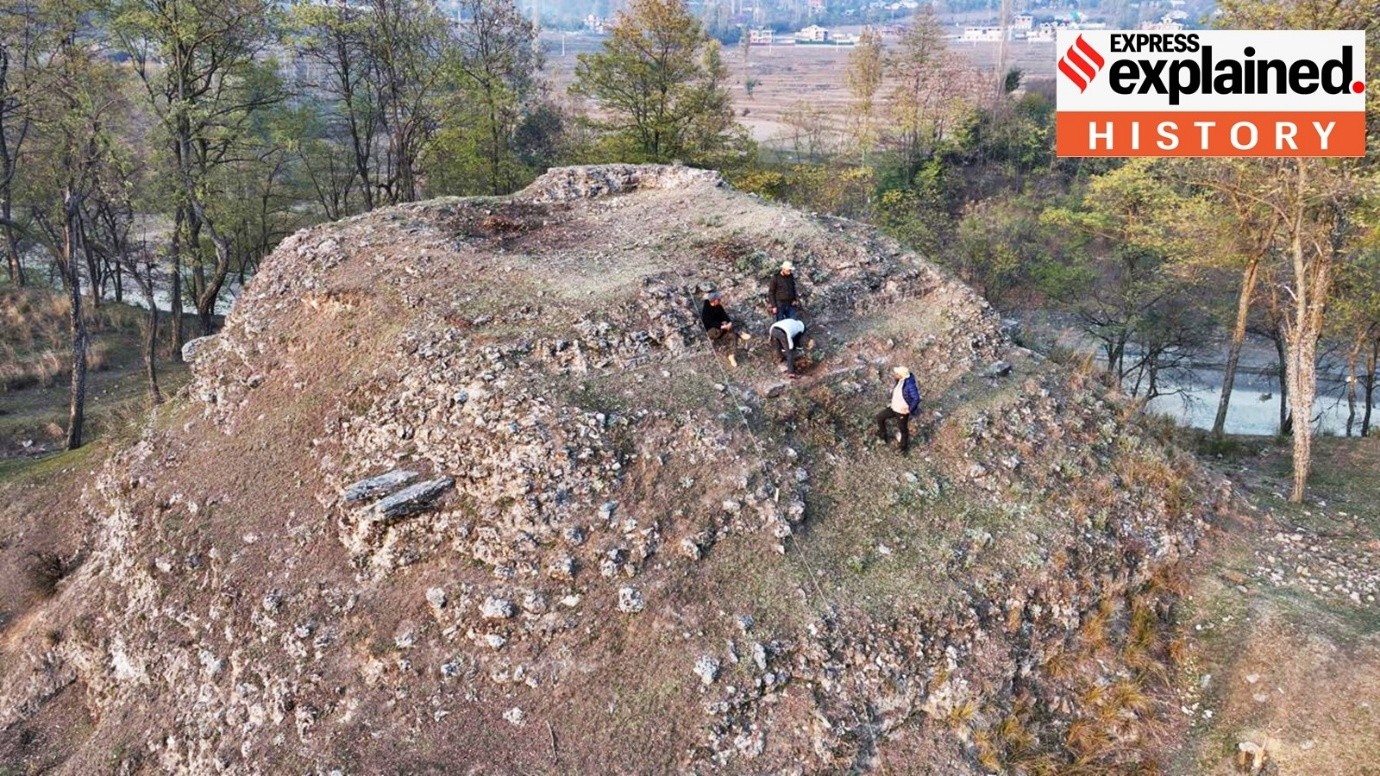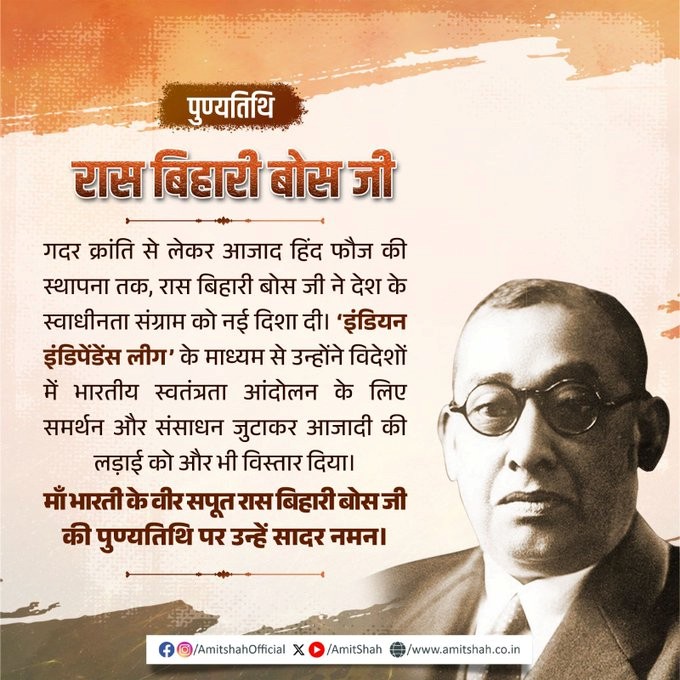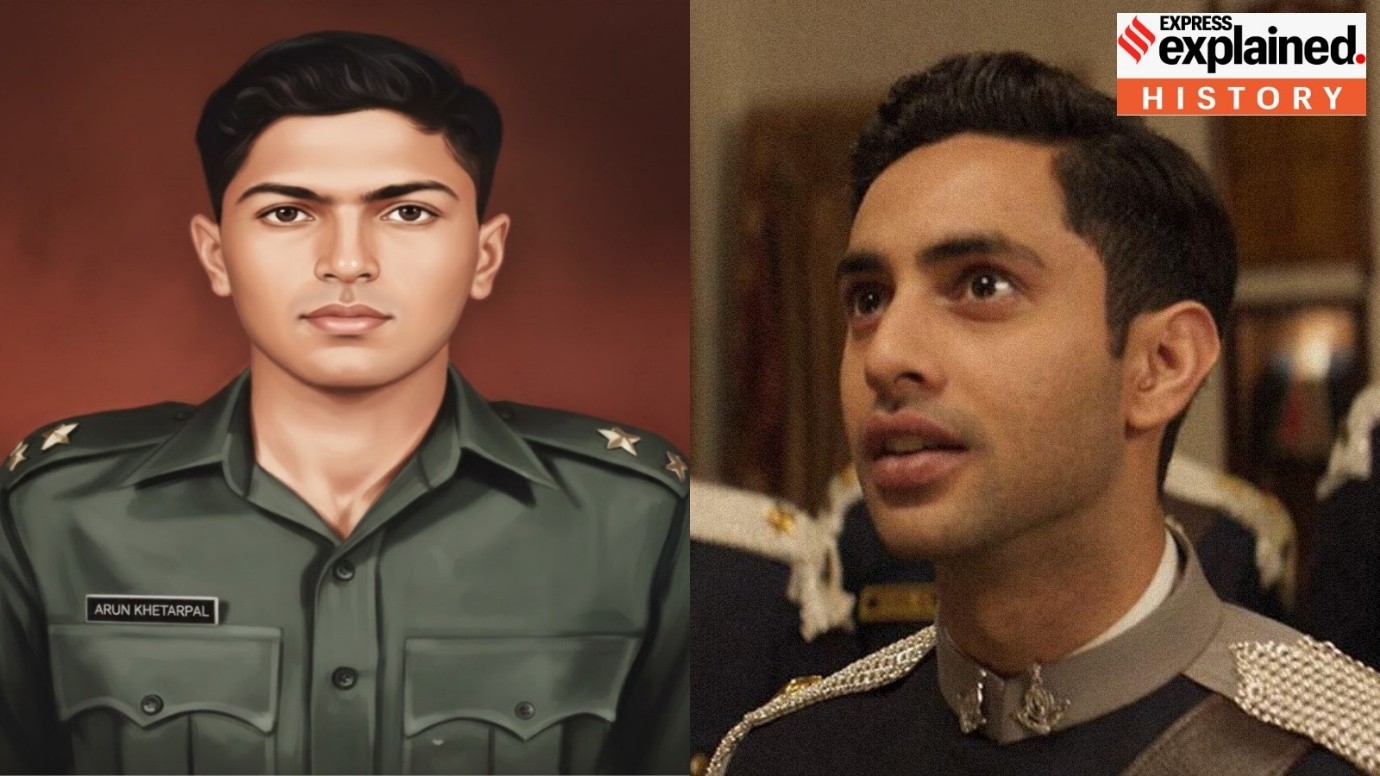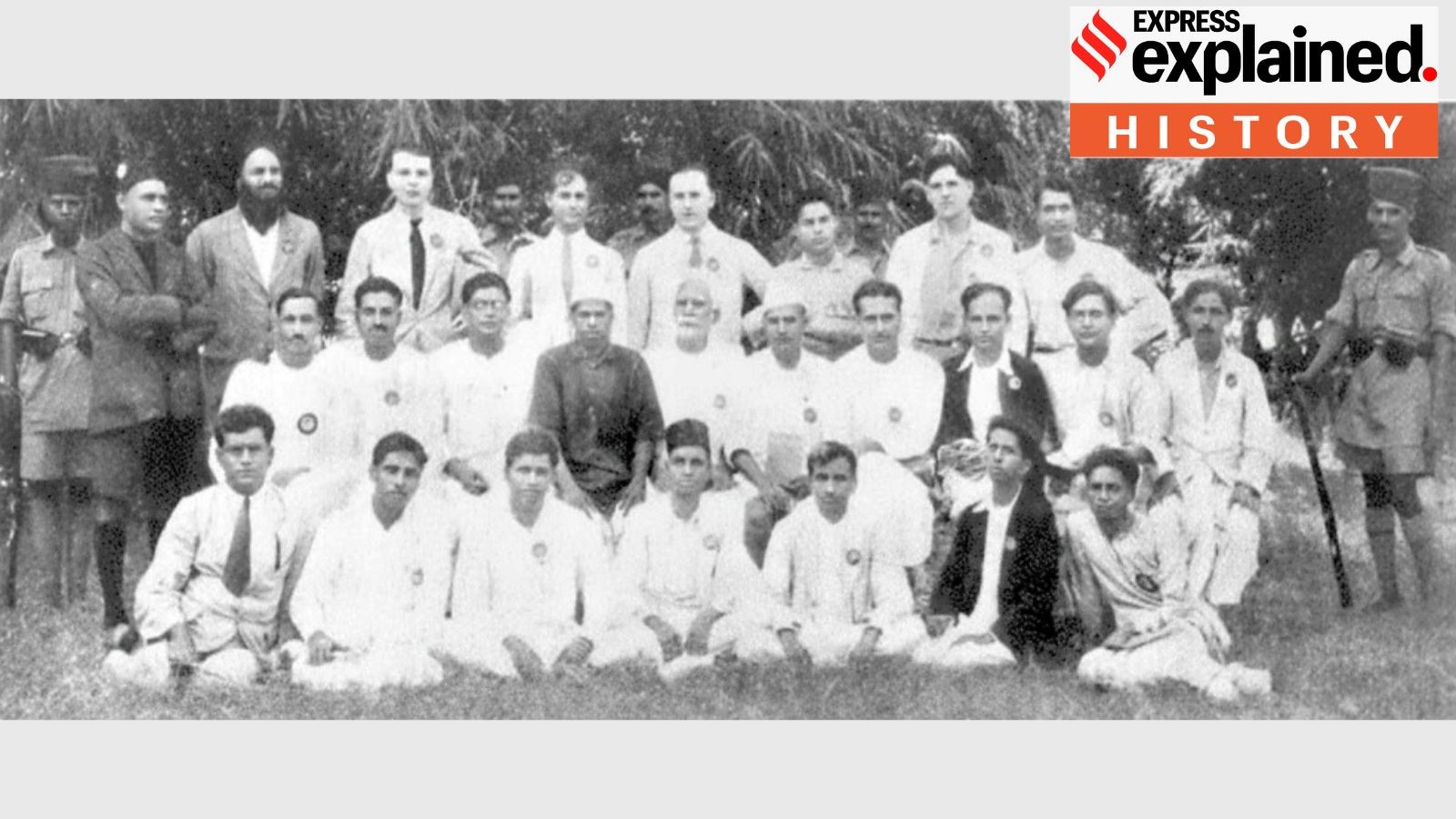Description
Disclaimer: Copyright infringement not intended.
Context:
Lal Bahadur Shastri died on January 11, 1966 in Tashkent, hours after signing the agreement to end the Indo-Pak war of 1965.
Early life of Shastri
- He was born on October 2, 1904 in Mughalsarai, a small railway town in Varanasi Uttar Pradesh.
- He went to Varanasi for high school. He later joined the Kashi Vidya Peeth in Varanasi, one of the institutions set up in defiance of British rule. There he came under the influence of the nationalists and the greatest intellectuals of the country.
- Further, "Shastri" received his bachelor's degree from the same institution. For Shastri, country came first, everything else came second, which can be seen in a broad outlook at a very young age.
- For example, he does not believe in the caste system and therefore dropped his caste surname.
Influence of Gandhi and other leaders
- Shastri took a deep interest in the freedom struggle and began to educate himself in its history and the works of several of its famous figures, including Mahatma Gandhi, Swami Vivekananda and Annie Besant.
- For example, he was influenced by Mahatma Gandhi's political teachings like Simplicity, Satyagraha etc. In addition, he also believes in Gandhi's ideas like "Hard work equals prayer".
- Later he adopted the Gandhian way of life. Like Gandhi, he was right about non-violence.
- Shastri was a true fighter for peace and democracy. So he envisioned India as a harbinger of world peace. However, he was never willing to accept anything at the cost of his country's sovereignty and always held the view that it is our primary duty to protect the interests of countries. Regardless of the price.
- Therefore, Shastri enrolled as a life member of the Servants of the People Society (Lok Sevak Mandal) founded by Lala Lajpat Rai and started working for the betterment of the Harijans under Gandhi's leadership in Muzaffarpur. He later became the Chairman of the Society.
Aspect
|
Details
|
Shastri's Philosophy
|
|
Belief in Nishkam Karma
|
Firm believer in selfless action; worked tirelessly for the upliftment of rural people.
|
|
Samanvaya Vada
|
Advocated a philosophical middle path amidst conflicting views.
|
|
Interest in Literature
|
Well-read with a genuine interest in literature.
|
Shastri's Journey After Independence
|
|
Recognition Post Independence
|
His contributions recognized by leaders of the national struggle after Independence.
|
|
Role in Uttar Pradesh
|
Appointed Parliamentary Secretary in Uttar Pradesh.
|
|
Later became Home Minister, earning praise for hard work and efficiency.
|
|
Union Cabinet Portfolios
|
Minister for Transport and Communications
|
|
Minister for Railways
|
|
Minister for Commerce and Industry
|
|
Home Minister
|
Shastri as Prime Minister of India
- Lal Bahadur Shastri's tenure as Prime Minister was extended from 9 June 1964 to 11 January 1966. Shastri supported Nehru's socialist economic policies with central planning.
- He supported the White Revolution, a national campaign to increase milk production and supply by supporting the Amul Dairy Cooperative of Anand in Gujarat and forming the National Milk Development Board.
- Addressing chronic food shortages across the country, Shastri urged people to voluntarily give up one meal so that the saved food could be distributed to the affected population.
- Moreover, his vision of self-sufficiency in food grains led to the sowing of the seeds of the Green Revolution.
- Further, Shastriji gave the immortal slogan "Jai Jawan, Jai Kisan" which continues to inspire every citizen of India.
- Shastri's participation during the 1965 Indo-Pak War and the announcement of the Tashkent Declaration represented a major milestone in India's modern history.
- Although India won the war, the Shastris want to resolve the conflict between the two countries amicably.
- He felt this was necessary if the two countries were to live in peace, especially since their priorities should be food, clothing and shelter for their people, and not war.
Tashkent Declaration: The Declaration is also known as the Tashkent Agreement, was an agreement signed by the President of Pakistan and the Prime Minister of India, Lal Bahadur Shastri, on 10 January 1966. Shastri died the following day. On September 22, 1965, the UN Security Council successfully negotiated a cease-fire.
Conclusion
It can be said that in today's world, every person emulates the austerity, simplicity, humility, humanism, hard work, dedication and nationalism exhibited by the second Prime Minister of India. It would be fitting to honor him on his birth anniversary by standing up for his beliefs. The country must never forget the achievements of these individuals who paved the way for humanity and moral conduct in public service.
Source:
Indian Express
|
PRACTICE QUESTION
Q.Lal Bahadur Shastri's leadership and philosophy were pivotal in shaping post-Independence India. Discuss his contributions to governance, rural development and national integration emphasizing his belief in Nishkam Karma and Samanvaya Vada. (250 words)
|









